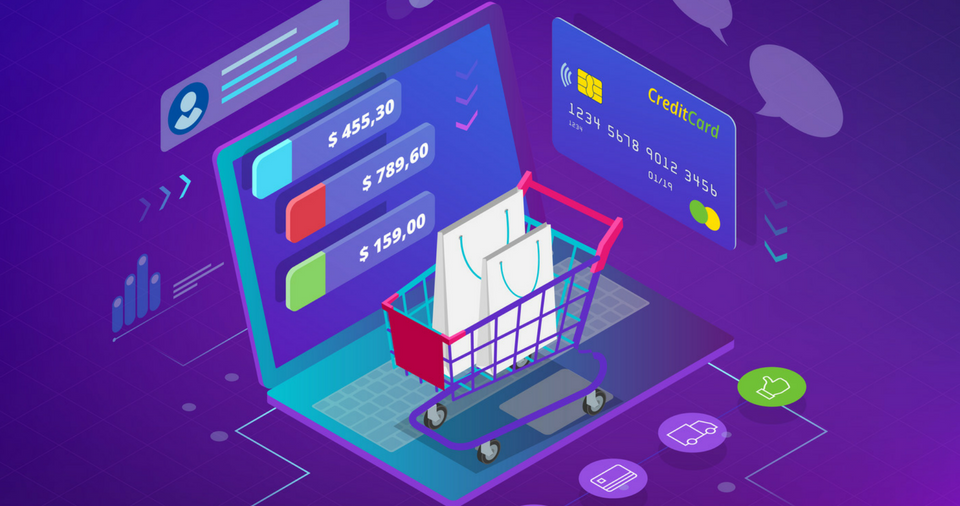Online commerce is the process of using a website to distribute, buy, sell or market goods and services, and the transfer of funds online through payment gateway. ECommerce is also commonly referred to as online commerce, Web commerce, eBusiness, eRetail etc.
Features of an eCommerce site:
Websites can be broadly classified into two types. One, sites that offer information. Two, sites that are used for commercial purposes – eCommerce enabled online stores.
To effectively distribute, market and sell goods or services Online you will need certain features only found on eCommerce sites including a shopping cart, ability to process credit cards, online product catalog, automated inventory system, databases, bulk email program, statistics tracking and other non-computer technologies such as product warehousing and shipping transportation.
ECommerce applications:
Some prominent eCommerce applications include Volusion, Shopify, and Ashop Commerce, BigCommerce, 3DCart, goEmerchant, CoreCommerce, Fortune3, YahooMerchant, and ProStores etc.
Many OpenSource eCommerce Tools are also available including AbanteCart, Interchange, Magento, osCommerce, OFBiz, osCommerce, PrestaShop, VirtueMart, ZenCart etc.
Payment Gateway
Like every other form of commerce, payment too is an integral part of any ecommerce application. Numerous methods are available for making an online payment. Payment Gateway is an interface to facilitate the safe and secure transfer for information between a payment portal (a website, mobile app or an IVR service) and the Front End Processor – often being a bank. The payment gateways perform a series of tasks to process a transaction initiated by a customer to purchase product(s) or service from a payment gateway-enabled merchant site.
Why do we need a Payment Gateway?
As mentioned in the beginning of this post, a payment gateway is necessary to facilitate electronic (online) transactions. Some of the key features of a payment gateway include:
- Encryption of payment & personal data.
- Communication between the financial institutions involved and the merchant and the customer.
- Authorization of payments.
Read also: All about Opencart – Payment Gateways
Secure transactions
Payment gateways by default protect credit/debit card details by encrypting sensitive information using Secure Socket Layer technology (SSL). All information pertaining to a transaction between the customer and the merchant and between the merchant and the payment processor are secure.
Some of the most popular payment gateway modules include Authorize.net, PayPal Pro, PayPal UK 3d secure, Payflow Pro, FirstData, eWay UK, eWay Australia, eCheck Authorize.net
So, how exactly does a Payment Gateway work?
A payment gateway uses the internet to send and receive information. This is a secure transaction module which facilitates purchase transactions. Not only eCommerce sites but also traditional business houses use payment gateways as the transactions are safe and payments are authorized immediately. Payment gateways are faster as they use the internet as a medium while the conventional pay-using-credit-card-swiping-machines use the phone lines.
EGrove Systems a software development firm winning the trust of customers worldwide is making inroads into innovative methods of payment integration. Integrating Internet Payment Solutions is a specialization that eGrove Sys is good at. The Integrations services include integration of PayPal, Authorize.net, ChronoPay, Realex, and eWay payment systems.
It is our pleasure to ensure that all the integration processes are seamless, safe and secure.


